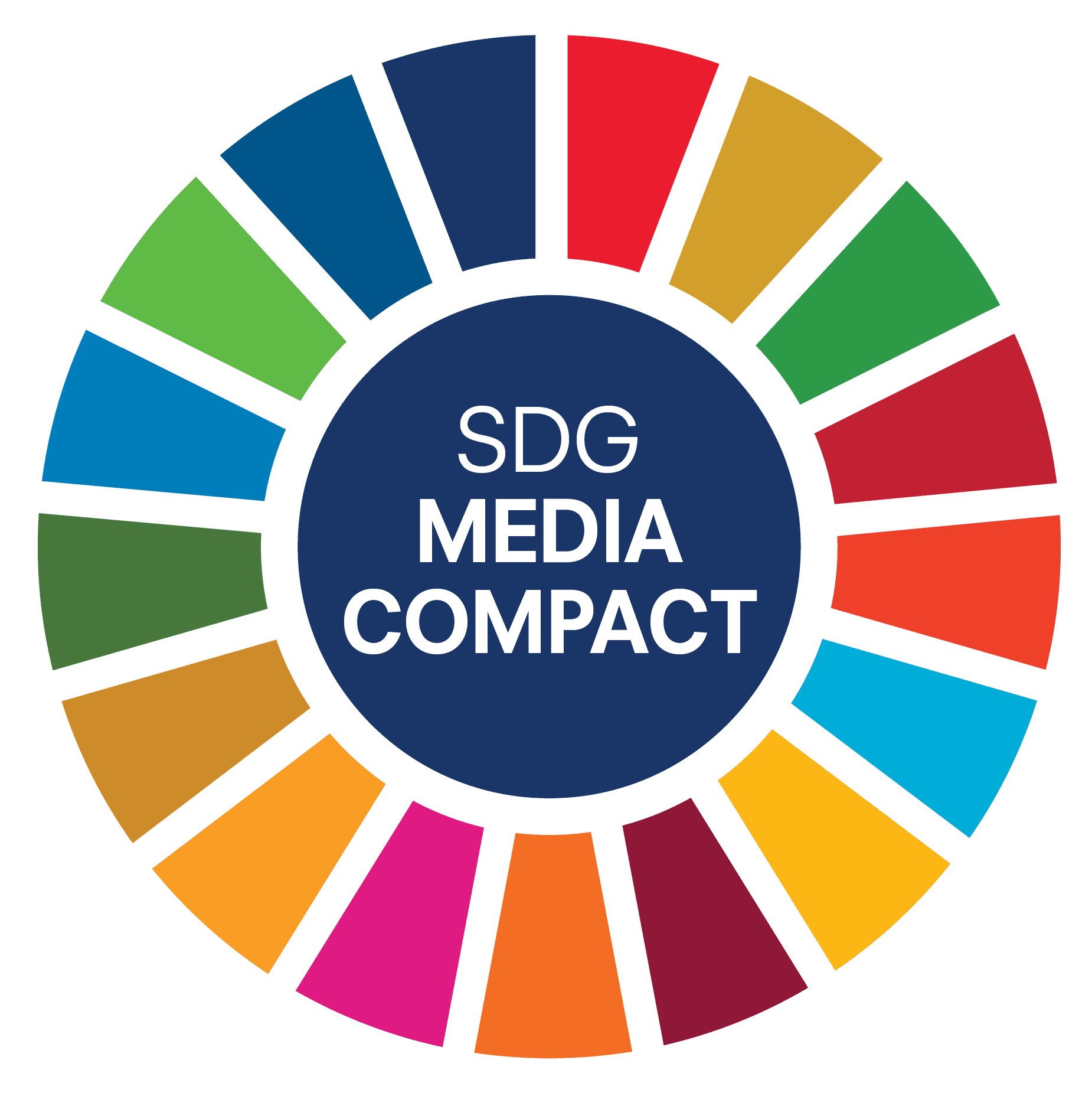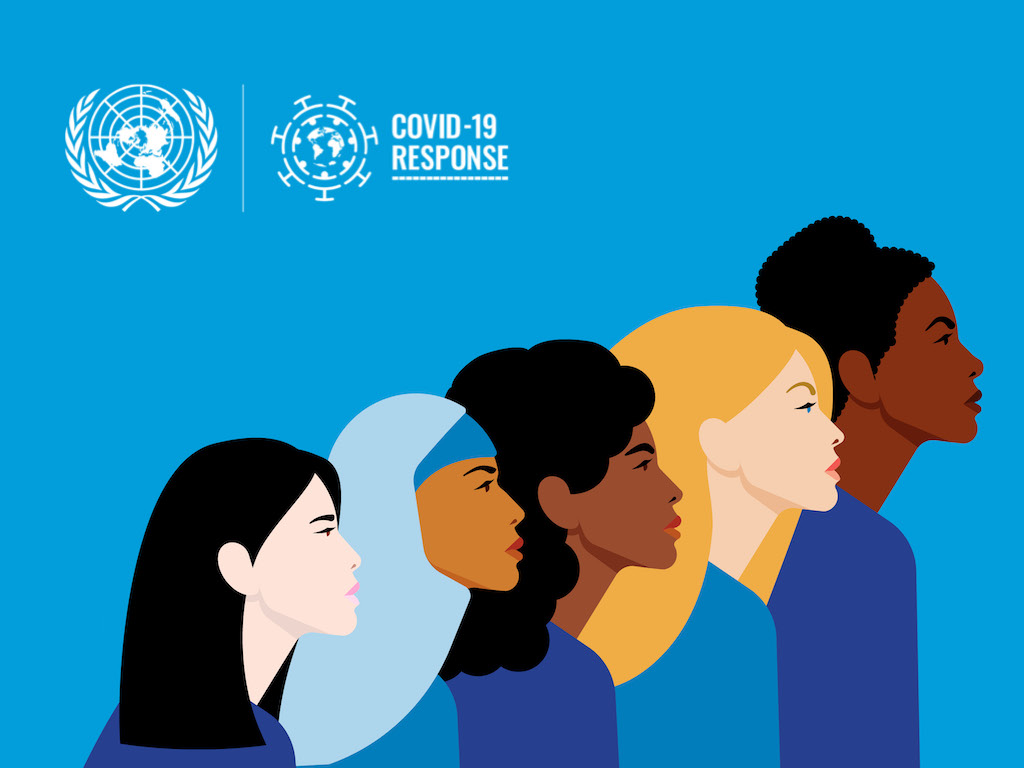3 Mins Read
Women leaders around the world have joined hands in solidarity to call for a mass global effort to address the human crisis of the pandemic. Called the “Rise for All” campaign, the initiative calls on leaders in all countries and sectors to support the socioeconomic response to people most vulnerable to the coronavirus and the impacts of the pandemic.
Convened by the United Nations Deputy Secretary-General Amina Mohammed, a new global female-led advocacy initiative called Rise for All is now calling on all world leaders to combat the human impact of the Covid-19 pandemic. It seeks to mobilise much-needed support to help tackle the escalating development emergency amidst the pandemic, specifically to fund the United Nations Response & Recovery Trust Fund to respond to people most in need.
“Like no other time in recent history, women are on the frontlines of COVID-19 and bearing the brunt of this human crisis,” said Mohammed. “It is time for us to rise as women leaders, taking action to conquer the pandemic and come out stronger so as to keep the world on track to achieve the Sustainable Development Goals by 2030.”
Some of the prominent members who have joined the Rise for All campaign include the President of Ethiopia Sahle-Work Zewde, the Sustainable Development Goals Advocate Erna Solberg, the United Nations Goodwill Ambassador of Pakistan Muniba Mazari and UNICEF Chief Henrietta Fore, among others.
“For the victims who are seen and unseen, who are known and unknown, for the heroes who we applaud and who we sing, and the unsung heroes – that’s why we rise,” said the UNFPA Executive Director Natalia Kanem, who is also a part of the campaign.
“We rise because we can and because we must. It is our duty to stand with health workers, 70% of whom are women, and to ensure that their voices are heard and that their needs are met,” Kanem added.
The United Nations’ Response & Recovery Fund is an inter-agency mechanism that will target help to countries and people who are most vulnerable to socio-economic hardships as a result of the pandemic. The fund will mobilise US$1 billion over the next 9 months and US$2 billion over the next 2 years to support low and middle-income countries, especially women and children who bear disproportionate impacts of the coronavirus.
Green Queen recently documented the plight of migrant workers, refugees and displaced peoples who are undoubtedly now experiencing gripping life-or-death concerns on top of existing health and economic vulnerabilities. As a part of the report, several human rights and social workers voiced the need for the world to respond to the crisis in a way that recognises the acute challenges that particular communities face.
In a separate report, essential food and farm workers continue to lack the basic protections they need to ensure their workplace safety. Not only do food and farm workers tend to be some of the lowest paid sectors in many economies, they are now left in danger where threats to their physical health can quickly mean a wider threat to food security as a whole.
“Delay in action means death. We all face the same enemy and we stand to gain by bringing the full force of humanity to fight it,” said Zewde.

This post is published as a part of Green Queen’s partnership with the SDG Media Compact to raise awareness about the Sustainable Development Goals and share information from the World Health Organisation and the United Nations during the pandemic.
Lead image courtesy of United Nations Rise for All.




